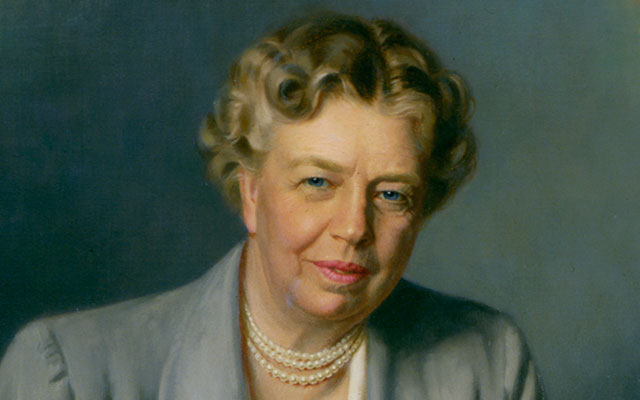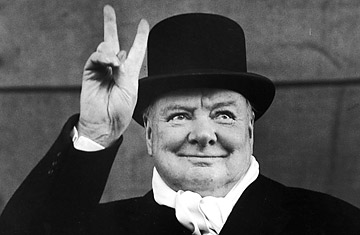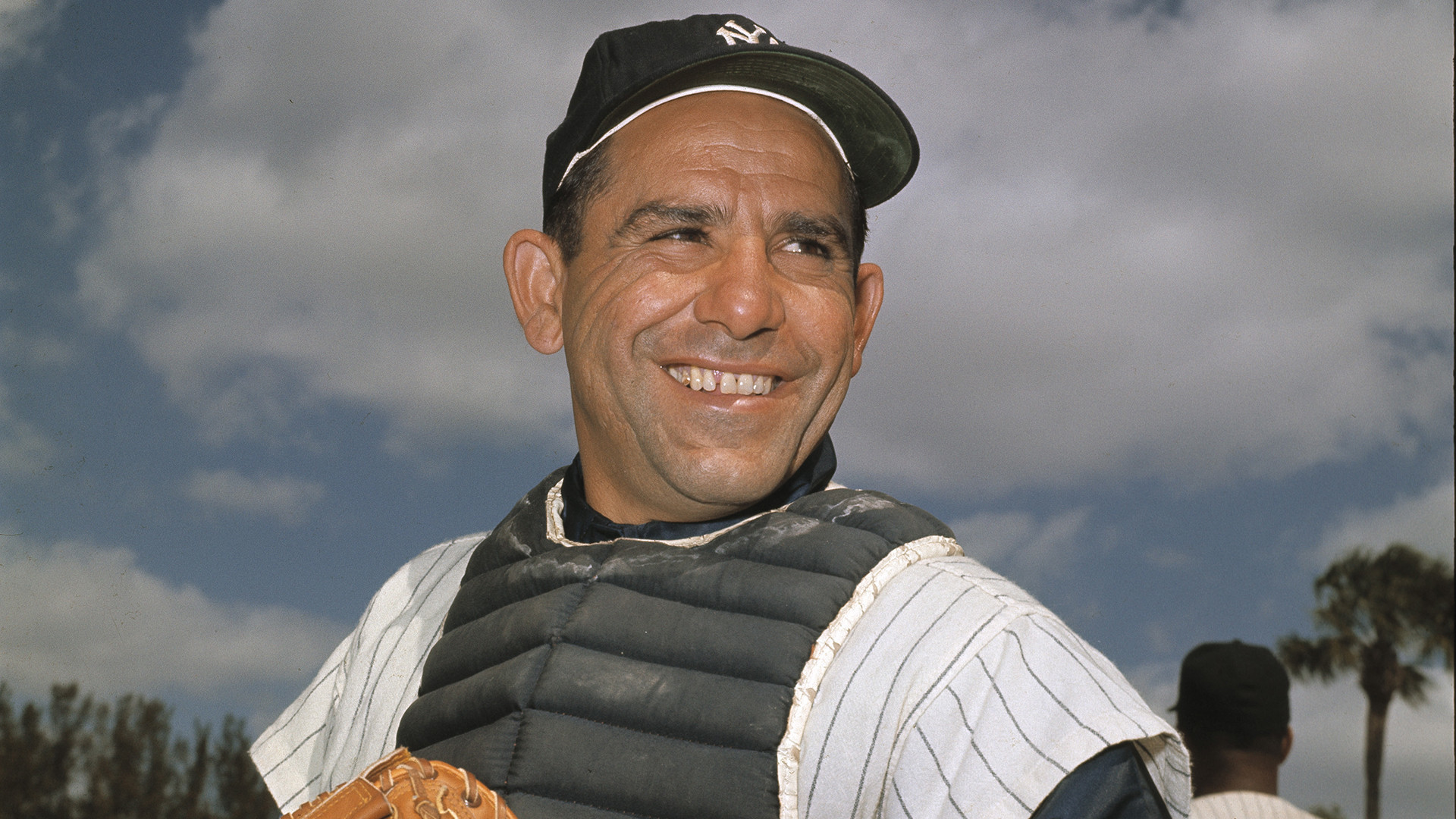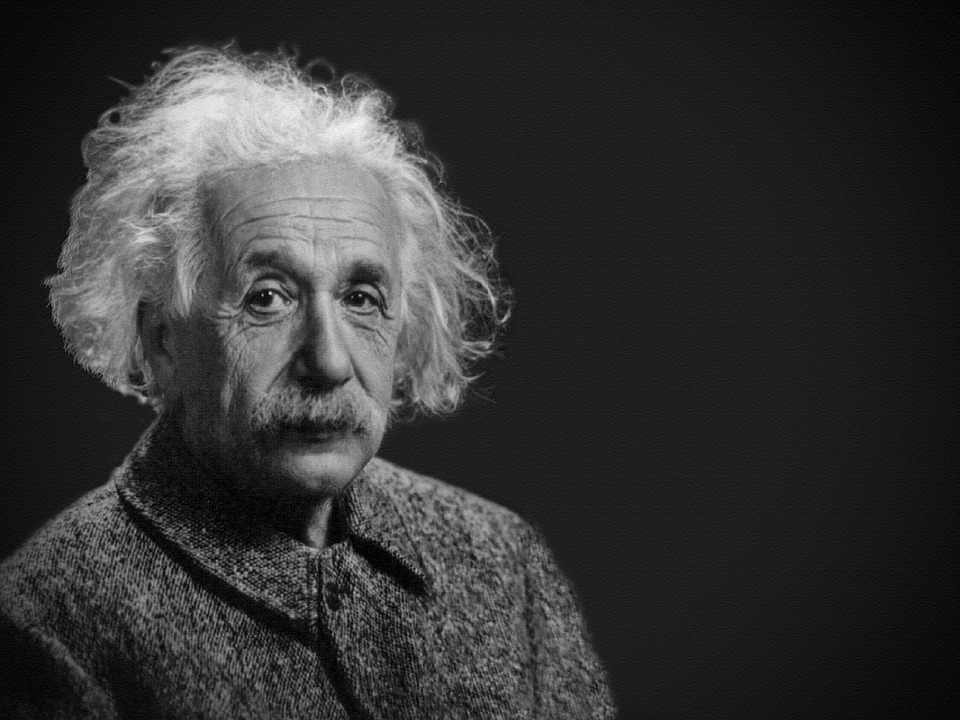Ah, Buzzkillers, good old Oscar Wilde, the author of so many excellent plays, novels, and poems. Dripping with epigrams, Oscar entertained literary circles in London, Paris and Dublin with his wit, often pairing philosophical and comical themes to excellent effect. Some examples include: It is always a silly thing to give advice, but to give…
Professor Jeremy Young joins us to discuss the Age of Charisma (1870-1940). It was an exciting period in US history: industrialization was in high gear; railroads and telegraph lines were spreading widely; mass media was born; and increased concentration on charisma, magnetism, and emotion in politics, religion, and social reform. Styles of public speaking changed…
I try, every day, to live up to my name — Professor Buzzkill. Some days are easier than others, and this is certainly one of those. People often take the quotation “It’s better to light a candle than to curse the darkness,” not only as comforting advice on how to get through tough times, but…
Professor Nash joins us to discuss the misconceptions and the realities of JFK’s presidency, its successes, its failures, and its legacies. We look specifically at the Cuban Missile Crisis, Vietnam, and Civil Rights. And we address the question of whether JFK was a liberal, a conservative, or a mixture of both. And on top of…
The exact wording of the “Americans can always be counted on to do the right thing, after they have exhausted all other possibilities” quote varies a little bit from time to time, but it essentially conveys the same message — Americans are a self-interested people, but they eventually do the right thing. But did Churchill…
Frank Lloyd Wright is probably the most famous architect in American history. But why is he so famous, and was it just about his architecture? In his own mind and in the popular mind, he is often considered a god and an artistic prophet. How did he become so famous and how did his fame…
Lawrence Peter Berra was born in St. Louis in 1925 and went on to become one of the most famous players in baseball history. In his 18 years with the New York Yankees, he anchored them at catcher, was a power hitter, and a mainstay for the team during their famous post-war run of dominance…
D-Day, June 6, 1944, is one of the most well-known events of World War II. Why did it happen the way it did and why did it succeed? Was it the turning point in the war in Europe? How many other military operations were going on at the same time in Europe that might explain…
Albert Einstein was one of the most significant scientific geniuses of the 20th century. His theories helped scientists break through some of the barriers to our understanding the physical world and the universe. He also contributed greatly to the philosophy of science. Is it any wonder, therefore, that the quote, “the definition of insanity is…
John F. Kennedy was one of the most fascinating Presidents in US history. And perhaps more fascinating are the ways in which he is remembered by succeeding generations. In this first part of a three-part series, Professor Nash joins us to discuss JFK’s background, youth, service in World War II, and his political career. The…










